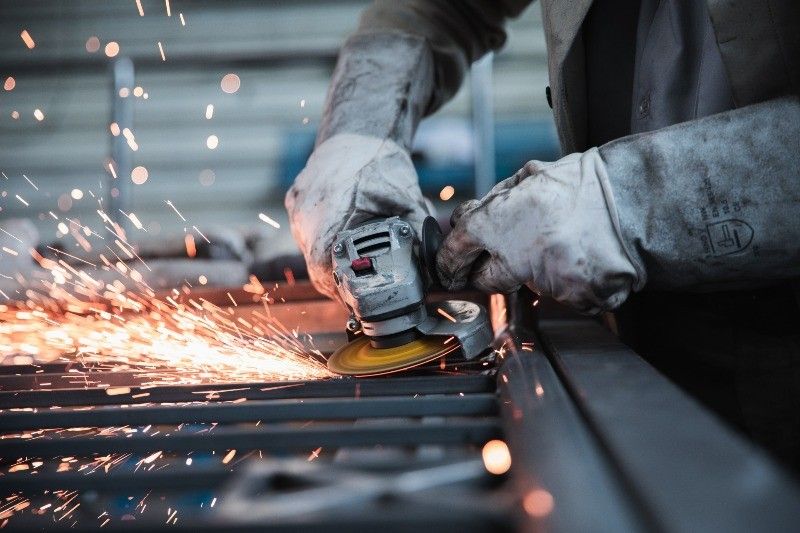Rising production costs choke off Philippine factories' ascent in February

MANILA, Philippines — Local factories ran into some headwinds in February as operating conditions continued to pose challenges, despite the boons offered by the Philippine economy’s reopening.
A survey of around 400 manufacturers in the country found that the Philippines’ Purchasing Managers’ Index (PMI), a gauge of manufacturing output, grew at a softer pace of 52.7 in February from the 53.5 outturn in January, S&P Global said in a report on Wednesday.
The latest reading nevertheless settled above the 50-benchmark separating growth from contraction. S&P explained the softening in the February PMI “signalled the softest improvement in operating conditions in three months.”
“With production requirements increasing at a softer pace in February, employment fell slightly for the first time in three months. Moreover, ongoing supply chain concerns continued to remain a drag on the sector,” Maryam Baluch, economist at S&P Global, said in a commentary.
Supply chain bottlenecks and expensive input costs continued to be a persistent headache for the local manufacturing sector.
The latest PMI report showed local factories saw output growth slow down in February, as suppliers charged steeper prices for their wares and raw materials. This fueled production costs to rise further last month.
Workforce numbers saw reductions as well, despite S&P Global noting that the job shedding remained marginal. Local factories reported resignations, while some firms laid off workers.
Supply chain conditions remained dismal in February, as the report highlighted. Persisting port congestion, higher order volumes, and material scarcity crimped sales performance last month.
Despite this, the sector saw glimmers of hope in February. Jun Neri, lead economist at the Bank of the Philippine Islands, said the slowing growth is still promising.
“The slower but positive print is still encouraging & could merely be a soft patch in an otherwise vibrant trend,” he said in a Viber message.
S&P Global noted that local factories continued to reap the rewards of a reopened Philippine economy as domestic demand kept the sector afloat in past months. New customers and greater client demand boosted the sector’s prospects in February.
This was supported by local firms boosting their inventories as many anticipate sales would expand in the coming months.
“Firms hope that the buoyancy in the market is maintained as we progress further into the year,” Baluch added.
- Latest
- Trending



























